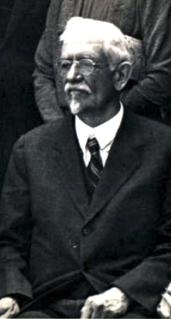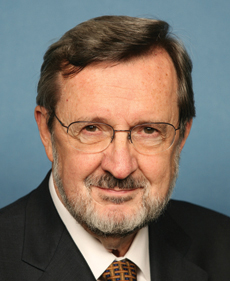A Quote by Rainer Weiss
Experimentally, we now have demonstrated that Einstein's theory is right in strong gravitational fields. That's important to a lot of people.
Related Quotes
Einstein had two new predictions from general relativity. One was that light would bend. That was tested in 1919, and basically, he was proven right. The second prediction was gravitational waves, which took us 100 years to prove. The theory itself, which is thought by most to be rather obscure, you use every day, probably.
The supposed astronomical proofs of the theory [of relativity], as cited and claimed by Einstein, do not exist. He is a confusionist. The Einstein theory is a fallacy. The theory that ether does not exist, and that gravity is not a force but a property of space can only be described as a crazy vagary, a disgrace to our age.
I had two passions when I was a child. First was to learn about Einstein's theory and help to complete his dream of a unified theory of everything. That's my day job. I work in something called string theory. I'm one of the founders of the subject. We hope to complete Einstein's dream of a theory of everything.
Which is to say that culture is not a reflex of political economy, but
that society is now a reflex of key shifts in music theory and practice....
[Sampladelia is] the sound made by those early-twentieth-century discoveries
in particle physics and relativiity theory, the projection of the minds of
Einstein, Heisenbery, and Bohr, their fateful explorations of liquid time,
curving space, uncertainty fields and relativity theorems, into densely
configured and fully ambivalent android music tracks
It's a spectacular signal. It's a signal many of us have wanted to observe since the time LIGO was proposed. It shows the dynamics of objects in the strongest gravitational fields imaginable, a domain where Newton's gravity doesn't work at all, and one needs the fully non-linear Einstein field equations to explain the phenomena.
Einstein had looked at the numbers and dimensions that went into his equations for gravitational waves and said, essentially, 'This is so tiny that it will never have any influence on anything, and nobody can measure it.' And when you think about the times and the technology in 1916, he was probably right.
When the signal reached LIGO from a collision of two stellar black holes that occurred 1.3 billion years ago, the 1,000-scientist-strong LIGO Scientific Collaboration was able to both identify the candidate event within minutes and perform the detailed analysis that convincingly demonstrated that gravitational waves exist.





























